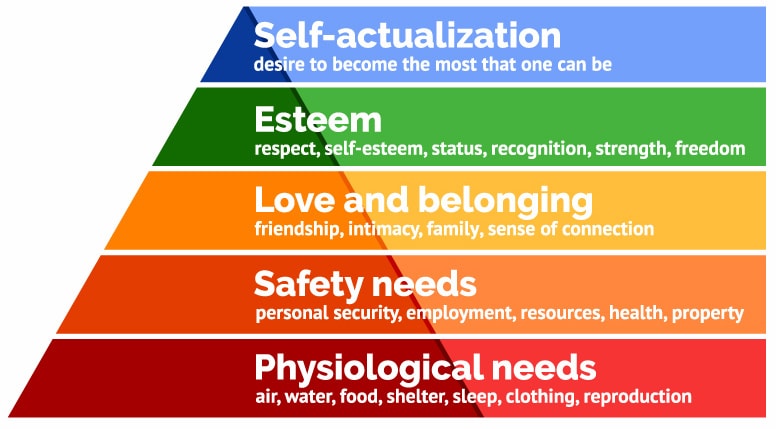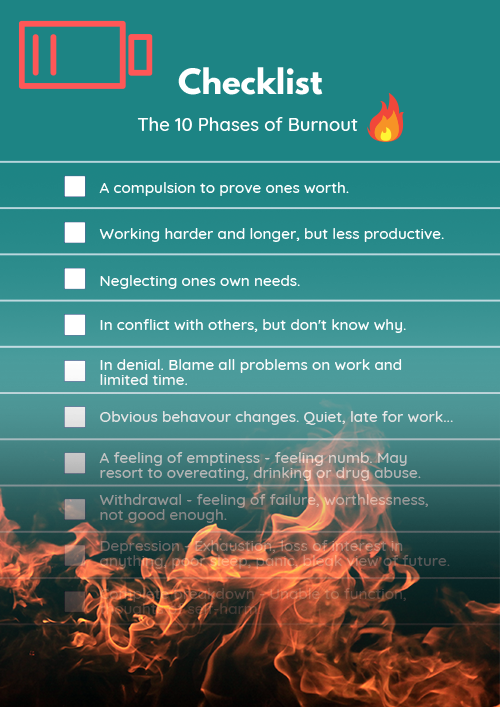What Are Your Needs?
This exercise is designed to start you thinking about which of your important needs aren’t being met, and where you want your priorities to be.

One way of classifying needs, is that developed by Abraham Maslow in his theory explaining human motivation.
In the most advanced version of his theory, he set out a number of categories of basic needs, or “Deficiency Needs”, and also a number of categories of higher order needs, or “Growth Needs”, relating to personal growth and development.
The types of needs are as follows:
Deficiency Needs:
Physiological needs – Basic biological needs, such as the need for oxygen, water and food. Also the need for sleep, sexual needs and the need to avoid pain.
Safety and Security needs – The need for security, stability, protection from harm, perhaps also the need for a stable job or income and home.
Love and Belonging needs – The need for relationships of different kinds, family, friends, romance, confidence, independence and freedom.
Growth Needs:
The Need to Know and Understand – The need to gain knowledge and understand the world, and one’s environment.
Aesthetic needs – The need for symmetry, balance and beauty.
Transcendence – The need to connect to something beyond the ego, or to help other find fulfillment and realise their potential.
Bearing in mind the above categories, or any other needs which you think aren’t covered by them, answer the following questions:
1. Which category of needs do you most want to meet better in your life now?
2. What will be the potential impact on other categories of needs, from you doing so?
3. What sort of balance do you want to achieve between the different categories of needs? And to what degree do you want to shift your current priorities?
4. What would be the potential consequences of shifting your priorities?
5. Given your reflections in 1-4 above, are there any actions or commitments you would like to make, to mark a rebalancing of your priorities?

